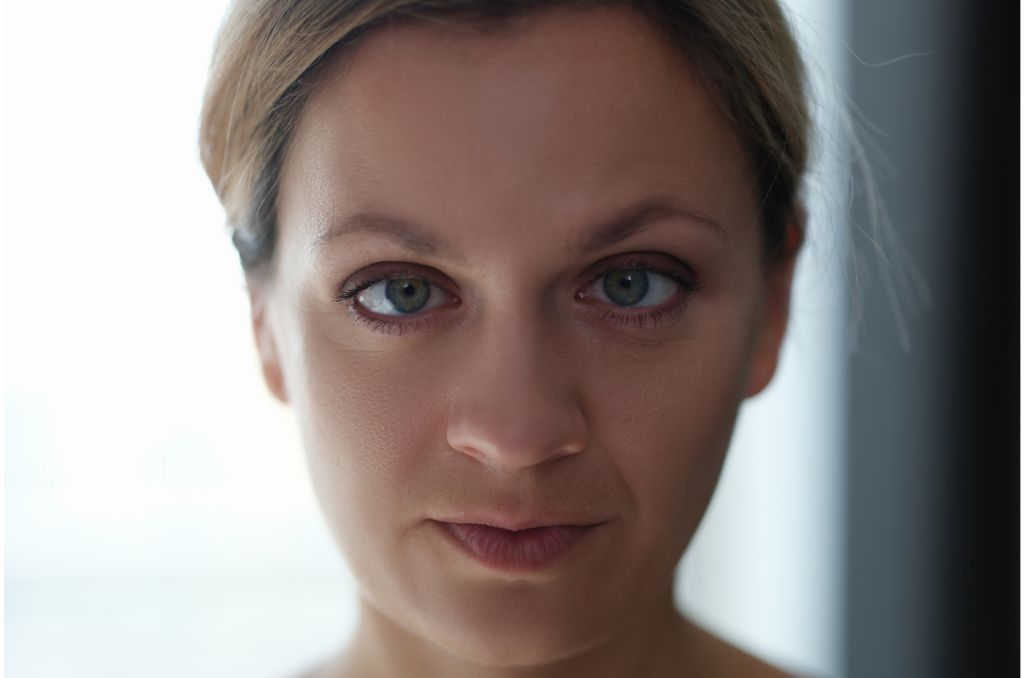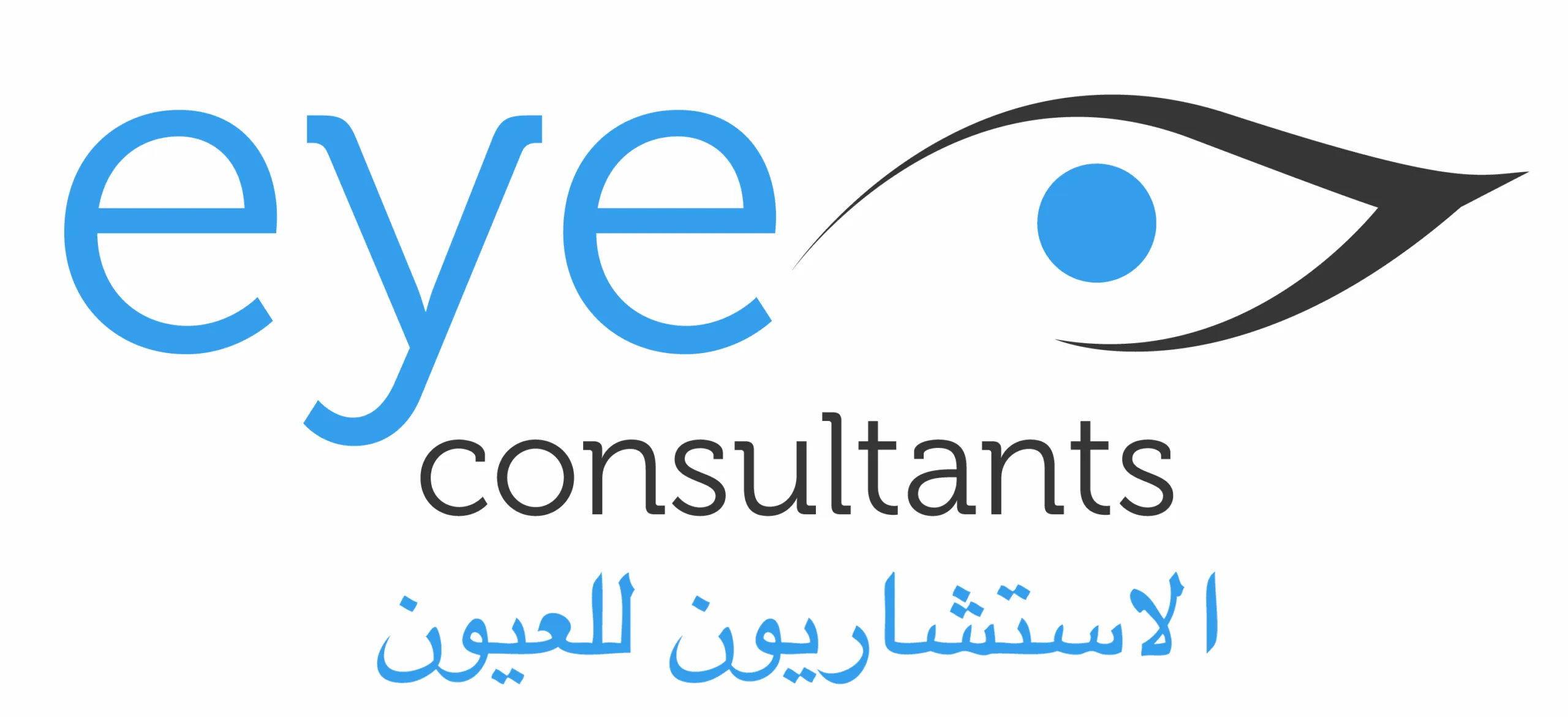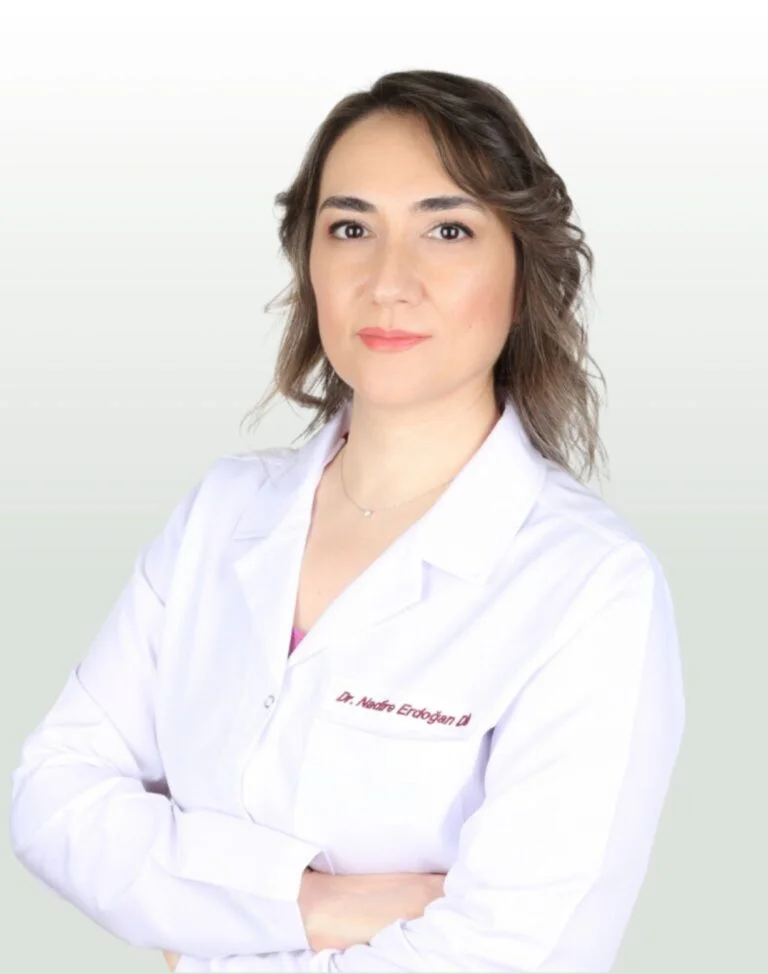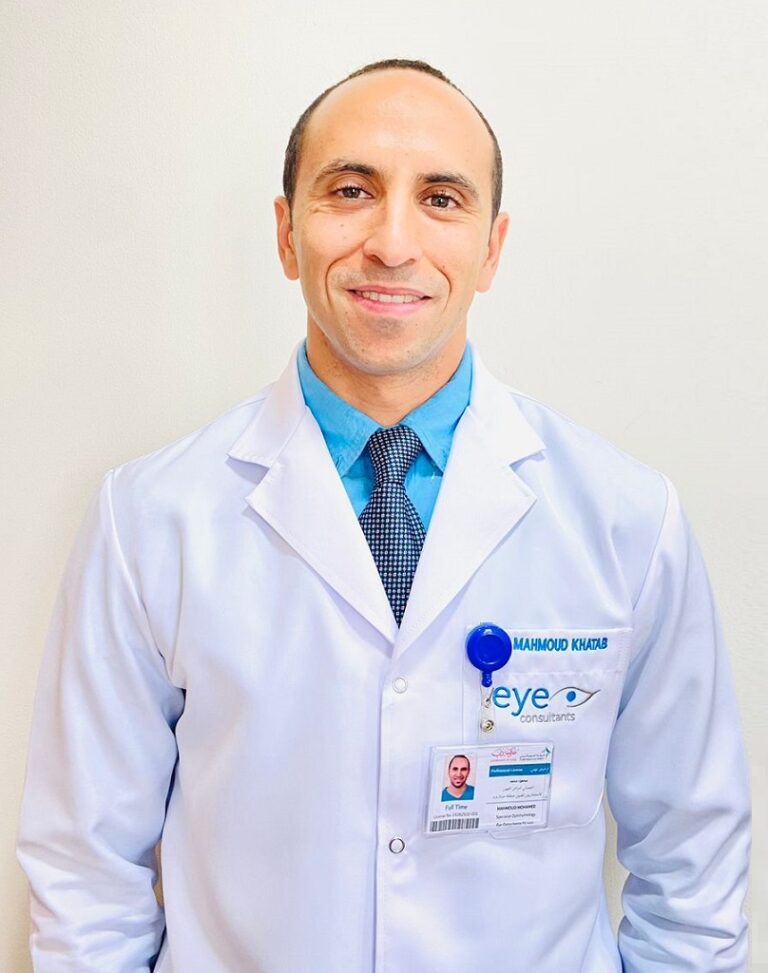Adult Squint Consultation
Adult Squint (Strabismus) refers to the misalignment of the eyes, where one eye may turn inwards, outwards, upwards, or downwards. Unlike pediatric cases, adult squint can be more complex due to factors like previous eye surgery, trauma, or underlying health conditions.

Causes
- Residual or Recurring Strabismus: A childhood squint that reoccurs or persists into adulthood.
- Neurological Conditions: Issues such as stroke, brain tumors, or multiple sclerosis.
- Thyroid Eye Disease: An autoimmune condition that affects the muscles around the eyes.
- Trauma: Injury to the eye muscles or nerves that control them.
- Diabetes: May cause nerve damage leading to strabismus.
Symptoms
- Double Vision: A common symptom in adults, caused by the misalignment of the eyes.
- Eye Fatigue: Eyestrain and discomfort, particularly when reading or focusing on close objects.
- Impaired Depth Perception: Difficulty judging distances, which can affect daily activities like driving.
- Social and Psychological Impact: Many adults experience self-consciousness or anxiety due to the cosmetic appearance of the squint.
Treatment Options
- Prism Glasses: Can help alleviate double vision by altering the light entering the eye.
- Botulinum Toxin Injections: Temporarily weaken certain eye muscles to improve alignment.
- Patching: Primarily be used to manage symptoms like double vision or also be used as a temporary measure to alleviate discomfort before surgery.
- Surgery: Often required to correct the muscle imbalance, particularly if non-surgical options are ineffective.
- Vision Therapy: May be recommended for mild cases or as a supplement to other treatments.
Why Choose Eye Consultants
- Our specialists are experienced in the complex nature of adult strabismus.
- We provide tailored treatment plans that address both the functional and cosmetic aspects of the condition.
- We prioritize minimally invasive procedures where possible, using the latest technology to ensure optimal outcomes.
Frequently Asked Questions
Related Doctors
Consultant Ophthalmologist
Anterior Segment, Oculoplastic Surgeon & Pediatric Ophthalmology
Specialist Ophthalmologist
Head Of Pediatric Ophthalmology & Strabismus Unit
Patient Satisfaction Is Very Important To Us

I had my cataract surgery and lens implantation with Eye Consultants Clinic. What a beautiful experience! All the staff were very kind, helpful, and competent. Special thanks to the clinic manager for being so accommodating and caring in all of my inquiries. Thank you, Dr. Mohamed Awadalla for your dedication and for being best at what you do. Overall, I highly recommend Eye Consultants, they made sure that I get the best treatment possible.
I was a patient of Dr Ahmed El Khashab’s between 2018 and 2021, and had a retinal detachment surgery, a silicone oil removal surgery and a cataract surgery, as well as glaucoma surgery in another clinic but followed up with him. With no doubt in my mind, he is by far the best doctor I’ve ever come across. He is very patient, very informative and an absolute gem of a doctor. - Menna Aly
I had a cataract surgery in both eyes last week and now my vision is perfect. Thank you to the entire team at Eye Consultants Center and most especially to Dr. Ahmed El Khashab who performed my cataract surgery. It was an amazing experience and he is the best!
We are delighted to have an opportunity to express our gratitude and appreciation to Dr. Ahmed El Khashab and his staff for diligently caring for my mother's eye problems and her cataract surgery. They are not only most professional but always attentive to our needs and concerns. Dr. and his staff are eager to care for us as a hive of "busy bees". Thank you doctor.
I was diagnosed as having cataract in both my eyes and advised surgery.This was my very first experience and I was really nervous, but Dr Ahmed Al Khasheb assured me it will go well. I must say he is not only an expert in his field but also very kind and understanding. The surgery went well and now I have a perfect vision. I’m also thankful to the receptionists and the nurses at Eye Contact Center for being respectful and professional. I would definitely recommend this hospital and especially Dr Ahmed.
The whole team at Eye Consultants is very professional and Dr. Ahmed is special and recently performed cataract removal from both my eyes successfully. He has previously performed surgery on one eye to address a retinal detachment case. HIGHLY recommend him and his wonderful team.



